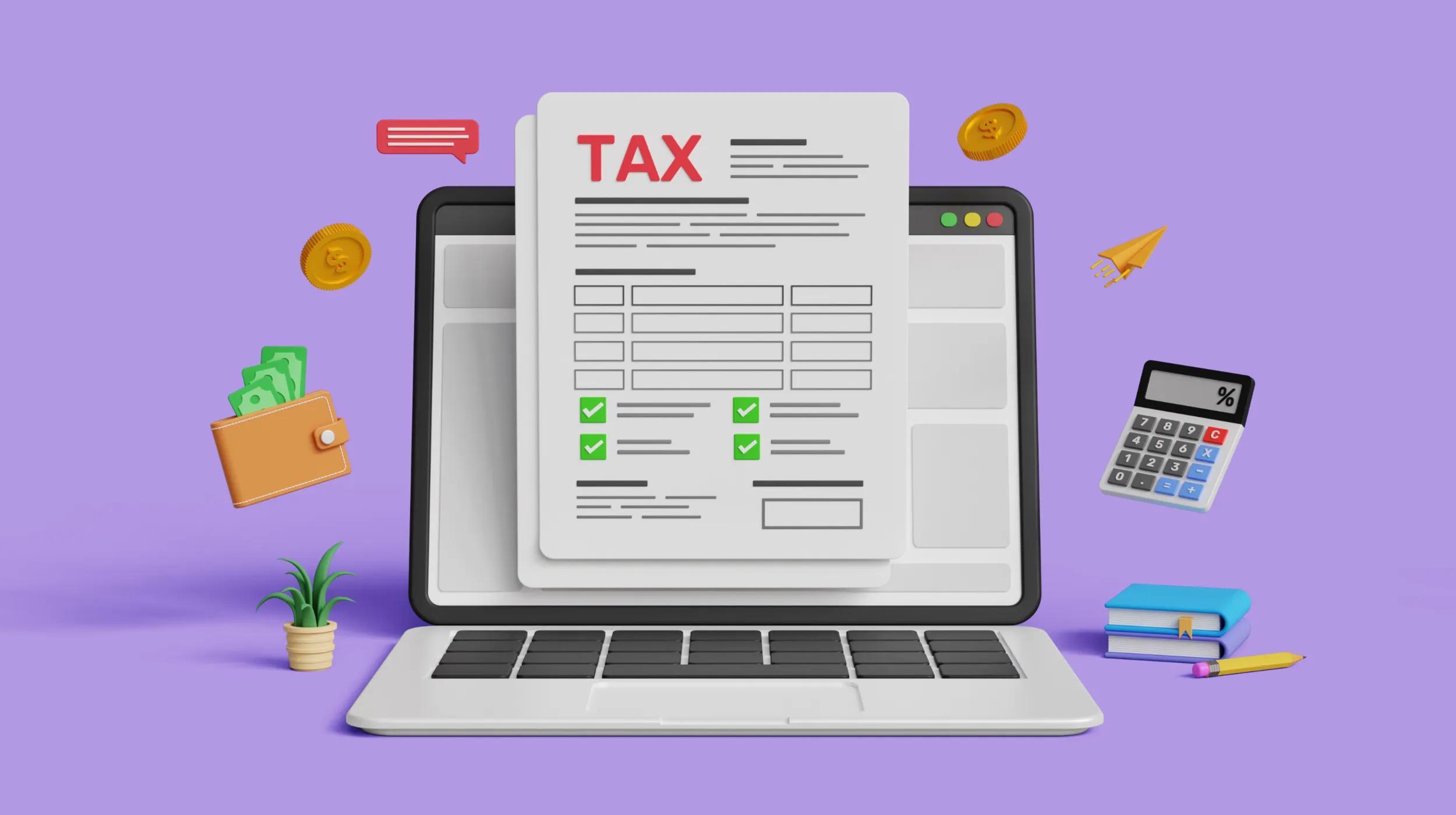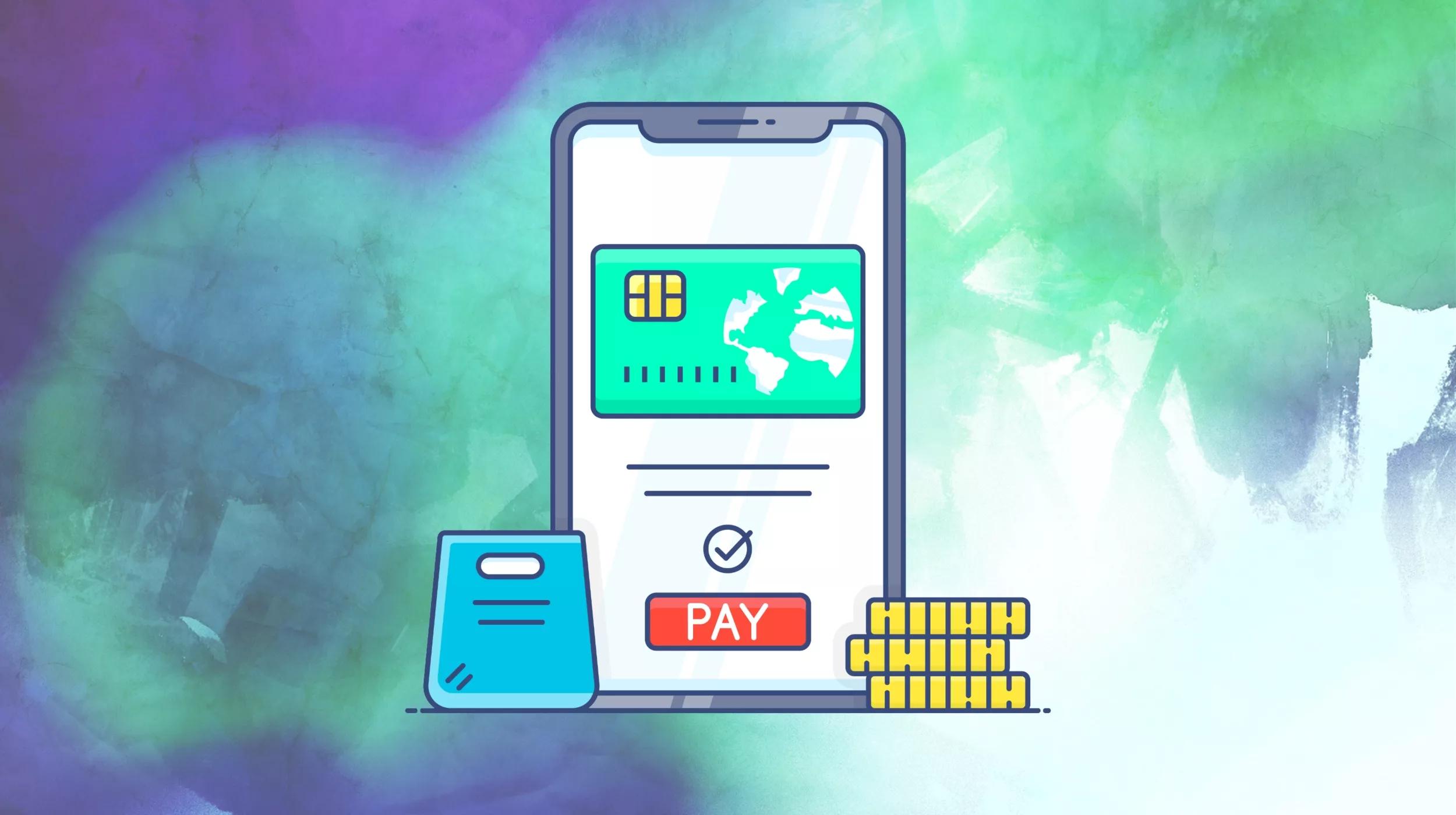Getting sales tax right is like cleaning out the back of the fridge. It’s not fun and it doesn’t directly put food on the table. It does, however, help you avoid scary messes. After all, both your customers and state tax authorities expect you to charge and file tax at the right times. Getting it wrong can result in poor customer service or state penalties. But never fear, savvy seller! These messes can be avoided by taking the time to understand your sales tax obligations.
Nexus is simply the connection you have with a state that gives you the obligation to collect tax on purchases made in that state.
So, when should you collect sales tax? Well, answering this question starts by finding out where you have nexus. No, nexus isn’t a phone or something nasty you might find in the back of the fridge. Nexus is simply the connection you have with a state that gives you the obligation to collect tax on purchases made in that state. If you have nexus in Florida, you’ve got to collect tax on purchases made in Florida. Chances are you have nexus in the state where you’re located. Knowing where you have nexus gets trickier though, when you sell into multiple states.
Here are five common—but often overlooked—activities that will trigger an obligation to collect sales tax in many states.
Disclaimer: This content should not be construed as legal or tax advice. Always consult an attorney or tax professional regarding your specific legal or tax situation.
Drop-shipping
Many online sellers use drop-shipping as a way to cut overhead. If you’re not familiar with the concept, drop-shipping means you accept orders from customers and then place the orders with a third party that delivers products directly to the customers on your behalf. In California, New York, Texas and Florida, if a drop-shipper delivers goods on a remote seller’s behalf, that seller could be on the hook to collect sales tax.
In-state inventory
Do you keep inventory in other states? In many states, this is enough to give you nexus, even if you store inventory via a third-party fulfillment service. For instance, California, Indiana, Kansas, Kentucky, New Jersey, Pennsylvania, South Carolina, Texas, Virginia and Washington have all stated or implied that using an in-state warehouse creates nexus.
Affiliates
Working with affiliates can be a beautiful way to boost business. It can also create the obligation to collect sales tax. Here’s an example: if you get new customers via a link on an affiliate website, you may have to collect sales tax in the state where the affiliate is located. At least 24 states have (or will soon have) such laws on the books.
Trade shows
Did you attend any trade shows last year? If the answer is yes, you may have created the obligation to collect tax in the state where you attended the show. In Illinois, for example, any out-of-state retailer occasionally attending a trade show in Illinois will likely have nexus if they go to shows in a sales capacity.
Working remotely
Even if you don’t attend many trade shows, you may trigger a sales tax obligation if you travel to other states to visit customers or prospects. Variables include how frequently you travel to a given state and the type of activities you engage in while there.
An easy way to manage the mess
As you can see, sales tax obligations can pile up pretty quickly depending on how you do business. Luckily, if you’re running a GoDaddy Online Store, you don’t have to spend all your time managing the mess of collecting sales tax in multiple states. GoDaddy’s partnership with Avalara makes managing sales tax simpler.
This partnership with Avalara will help Online Store users by automatically and accurately calculating sales tax for every purchase. GoDaddy Online Store customers will further benefit from reporting and easy sales tax filing for small businesses. Best of all, this will work for you wherever you have nexus, so you can spend less time worrying about tax messes and more time growing your business.








